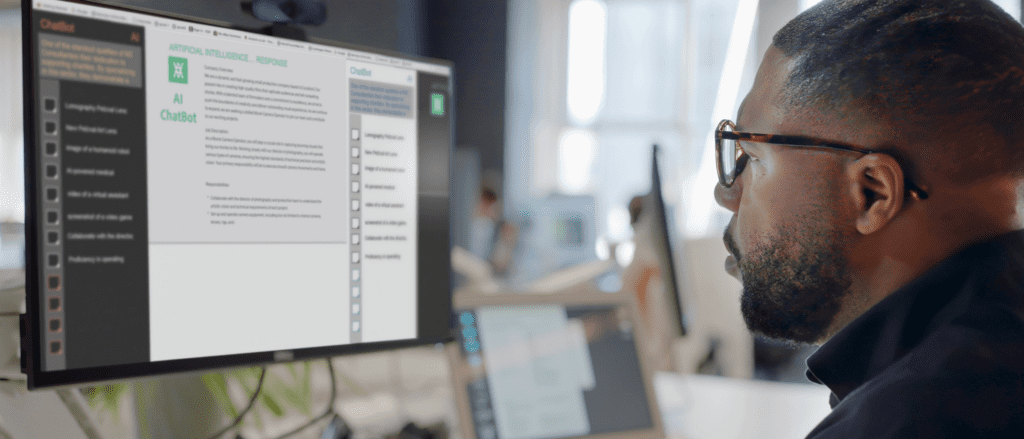Robotic Process Automation: Questions to Ask Your Technology Partner
Robotic process automation (RPA) can be a game changer for businesses seeking to reduce the manual effort — and associated costs and resources — required to perform routine, repetitive tasks. The efficiency gains promised by RPA are enticing, but not every organization can implement this technology on their own without distracting or disrupting resources that should be focused on the business.
Given how quickly RPA has caught fire in recent years, it’s no surprise that it has also sparked a surge in the number of technology vendors offering automation platforms and services. Before committing to a particular solutions provider, it’s critical to vet your candidates carefully — not only to ensure your potential tech partner has the proper expertise, but also to understand which of your organization’s use cases are suitable for this type of automation.
Here are a few questions to ask your technology partner at the outset of your RPA journey:
1. What experience do you have in my industry?
RPA is an industry-agnostic technology, but that doesn’t mean there aren’t sector-specific applications and implications that can influence its effectiveness. A partner that can demonstrate their experience in your organization’s space will be better equipped to resolve problems as they arise and stay abreast of upcoming trends affecting your industry, and fine-tune the strategy along the way.
2. What expertise does your team bring to the table?
Get a feel for the skillsets of the team you’ll be working with — do they have rich industry or technology knowledge? What is the depth and breadth of their RPA experience? Seek a partner that can provide a diverse range of perspectives and problem-solving skills across domains.
3. How will you help us understand our true challenges?
Even if you’re only applying RPA to a particular use case or business unit, you and your technology partner must have a bird’s eye view of the organization’s overarching challenges. This will ensure you’re not trying to solve your problem in a vacuum — in order to enhance efficiency and productivity, any automation tool you roll out will need to tie back to your broader business strategy.
4. How do you identify processes ripe for RPA?
Processes that are rules-based, high-volume, repetitive, and don’t require human intervention are fit for RPA, but it’s up to your technology provider to identify exactly where and how RPA can add long-term value to your organization.
5. How do you collaborate with stakeholders — both internal (staff) and external (customers) — to ensure their needs are met?
The answer to this question will reveal whether your organization is aligned with your potential partner around things like approach, expectations, and communication and collaboration styles. The closer the match, the better your working relationship — and engagement outcomes — will be.
6. What other transformation will be necessary to ensure RPA works with legacy systems?
According to a study by Information Services Group (ISG), deploying RPA tools to enhance legacy business operations can lead to a cost savings of around 37%. To build on that savings and ensure ROI over time, you may need to transform other areas of the business, which is something the right partner can help you achieve.
7. How do you help with organizational change management that RPA will require?
RPA may be a technological tool, but it can have a sizable impact on business strategy, operations, and the way your teams work together. By selecting a holistic partner versus a vendor focused solely on technology, you’ll be prepared to navigate the organizational change management leg of your RPA journey.
At Judge, we take the time to understand your challenges before diving into a solution by identifying viable processes to automate and evaluating and prioritizing the processes for feasibility and high-level business value. With our implementation roadmap in hand, we will leverage RPA, otherwise known as your digital workforce, to reduce labor costs; process data faster and more accurately; improve compliance, controls and auditability; derive powerful insights from real-time analytics; and enhance the employee experience.
Business leaders across industries are embracing RPA technology, ranking it the second most important technology for business transformation. To stay ahead of the automation curve, consider partnering with a holistic solutions provider who understands your company’s distinct identity, industry, and technology needs.




